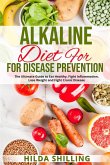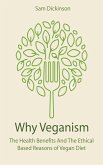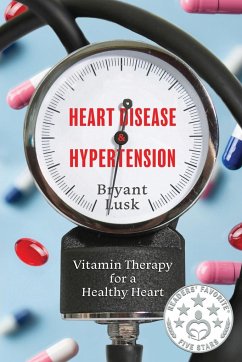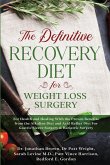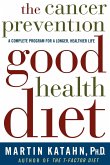Plant foods contribute toward the treatment of heart disease. Simply eating right can make significant contributions toward extending life expectancy and reducing mortality. An abundance of research has shown that heart disease can potentially be reversed with diet alone in a substantial number of patients. Although current research findings and statistics lean toward conventional prevention and treatment, recent research has offered a new perspective for the benefits of dietary interventions, particularly for the whole food plant-based diet. A plant-based diet consists of fruit, grains, legumes, vegetables, and little to no animal foods (i.e., dairy products). Whole foods include those that have undergone a minimal amount of processing, free of artificial and other additives that distract the body from obtaining the original nutrient composition upon digestion. An example of this distinction is seen in white bread, which has ultimately been processed to a point where the product has lost a majority of its whole wheat nutritional value. This book will examine the role that such an alternative diet may have in preventing and treating heart disease.
Hinweis: Dieser Artikel kann nur an eine deutsche Lieferadresse ausgeliefert werden.
Hinweis: Dieser Artikel kann nur an eine deutsche Lieferadresse ausgeliefert werden.


